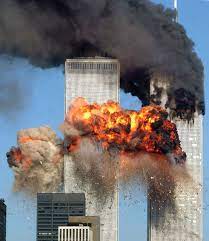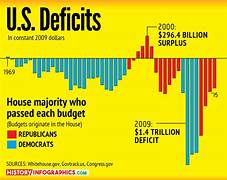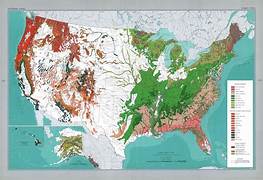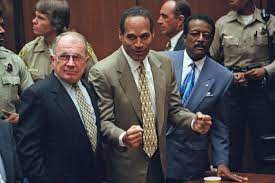On September 11, 2001, the world was forever changed by the horrific terrorist attacks that took place in the United States. This tragic day, often referred to as 9/11, remains etched in the collective memory of millions of people around the globe.
The attacks on September 11, 2001, were carried out by the extremist group al-Qaeda, led by Osama bin Laden. The group hijacked four commercial airplanes, intending to use them as weapons to strike significant targets in the United States.
The first attack occurred at 8:46 a.m. when American Airlines Flight 11 was flown into the North Tower of the World Trade Center in New York City. This shocking event was witnessed by millions through live television broadcasts, forever capturing the horrifying images of the impact and subsequent collapse of the towers.
Less than 20 minutes later, United Airlines Flight 175 was flown into the South Tower of the World Trade Center. The impact and subsequent fire caused both towers to collapse within hours, resulting in the deaths of nearly 3,000 people, including first responders who heroically rushed to the scene to save lives.
Simultaneously, American Airlines Flight 77 was crashed into the western side of the Pentagon, the headquarters of the United States Department of Defense, in Arlington, Virginia. The attack caused significant damage to the building and resulted in the deaths of 184 people.
The fourth hijacked plane, United Airlines Flight 93, was intended to target another significant landmark, possibly the U.S. Capitol or the White House. However, the heroic actions of the passengers, who learned of the other attacks through phone calls, resulted in the plane crashing into a field in Pennsylvania instead of its intended target. All 44 people on board were killed, but their bravery prevented further loss of life.
The 9/11 attacks had an immediate and profound impact on the United States and the world. They exposed the vulnerability of even the most powerful nation and demonstrated the devastating consequences of terrorism. The attacks shattered the sense of security and innocence that many people had previously taken for granted.
In the aftermath of the attacks, the United States launched a global effort to combat terrorism and bring those responsible to justice. The U.S. military initiated military operations in Afghanistan, where the Taliban regime harbored al-Qaeda operatives. The subsequent invasion led to the overthrow of the Taliban and the disruption of al-Qaeda's operations.
The attacks also prompted significant changes in security measures and policies around the world. Air travel security was drastically enhanced, with stricter passenger screening procedures, reinforced cockpit doors, and increased intelligence sharing among nations. The event also led to the creation of the Department of Homeland Security in the United States, aimed at strengthening the country's ability to prevent and respond to future terrorist threats.
The impact of the 9/11 attacks extended far beyond the immediate loss of life and physical destruction. It ignited debates on issues such as civil liberties, surveillance, and the balance between national security and personal freedoms. The attacks also fueled tensions between different religious and ethnic groups, leading to a rise in discrimination and Islamophobia.
September 11, 2001, will forever be remembered as a day of immense tragedy and loss. The attacks on that day had far-reaching consequences that continue to shape the world we live in. It serves as a reminder of the importance of unity, resilience, and the ongoing fight against terrorism and extremism.






